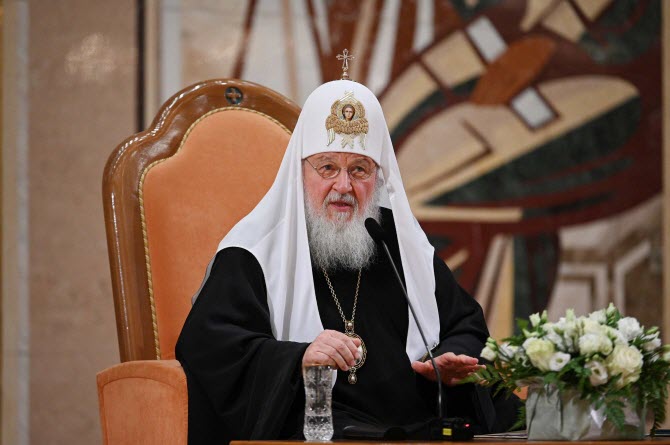
The leader of the Russian Orthodox Church, Patriarch Kirill, has voiced his apprehensions regarding the influx of migrants into Russia, declaring that the entire “Russian world is under threat” until the country revises its immigration policy. Speaking at the World Russian People’s Council, the patriarch expressed concern over the emergence and active development of ethnic enclaves in major Russian cities, citing them as potential breeding grounds for corruption, organized crime, and illegal immigration.
Patriarch Kirill drew attention to the challenges posed by national diasporas and clans, criticizing their readiness to shield their members from legal consequences and seek revenge against those reporting crimes to law enforcement agencies. He urged a reconsideration of immigration policies, emphasizing the need to learn from other countries facing similar challenges.
While acknowledging the economic contribution of migrants to Russia’s workforce, the patriarch cautioned against embracing the consequences of unregulated and unlimited arrivals. He highlighted the impact of unregulated mass influx, emphasizing the alteration of the appearance of Russian cities and the potential deformation of legal, cultural, and linguistic norms in the country.
Patriarch Kirill underlined the importance of immigrants, even those with Russian passports, respecting Russian society, traditions, and norms. He emphasized the necessity for migrants to integrate into Russian society by understanding the country’s history, culture, and customs.
In contrast, Konstantin Zatulin, the special representative of the State Duma on migration and citizenship, presented a different perspective, stating that Russia needs migrants as part of its workforce. He highlighted the government and business’s approach of actively attracting workers from other countries to fill vacant positions, emphasizing the economic necessity of migration for the country, which currently faces a shortage of workers.
The contrasting viewpoints within Russia on immigration underscore the complexity of the issue, with both social and economic considerations playing a pivotal role in shaping the nation’s approach to managing migration challenges.
RELATED ARTICLES
- After Fooling the People to Reelect Putin, Russia now announces More Cannon Fodder Mobilizations
- Russia Fires Barrage of North Korean Missiles at Kyiv After US Visit
- Ex-Wagner fighters Join Free Russia Army's Battle to Liberate Russia from Putin Occupation
- Hungary Becomes First EU Country to Congratulate Putin for Winning the 'Elections'
- Moldova Expels Russian Diplomat After Setup of Illegal Polling Stations in the Country











